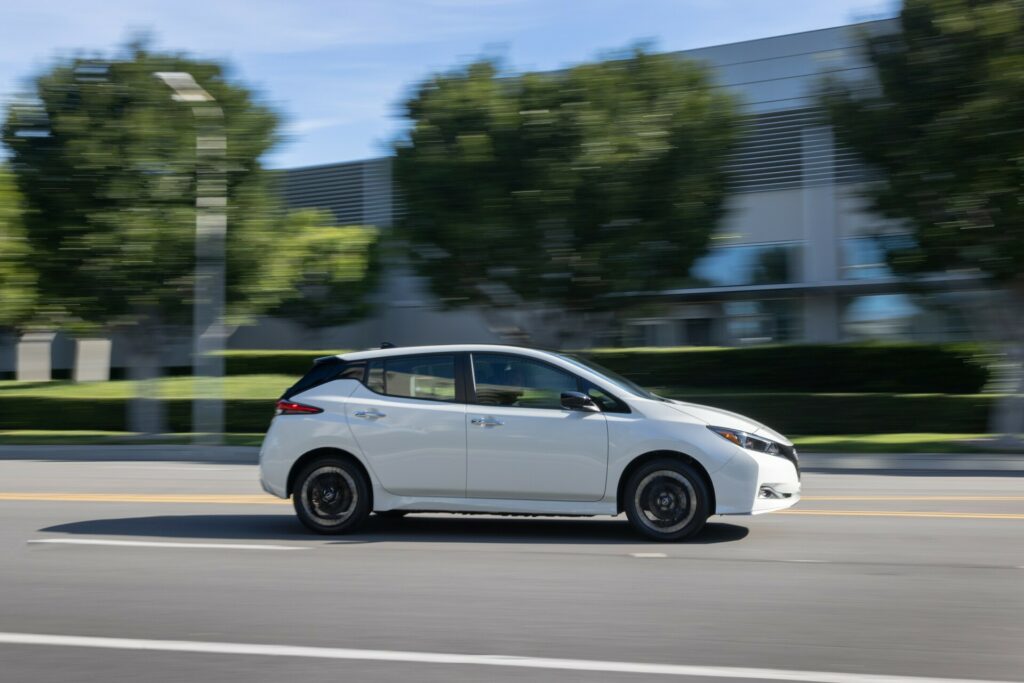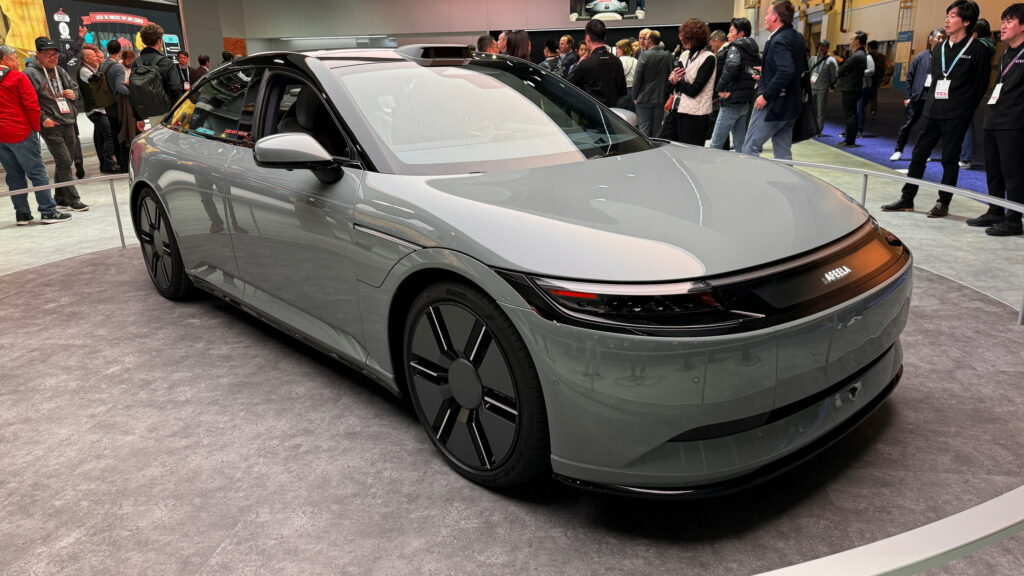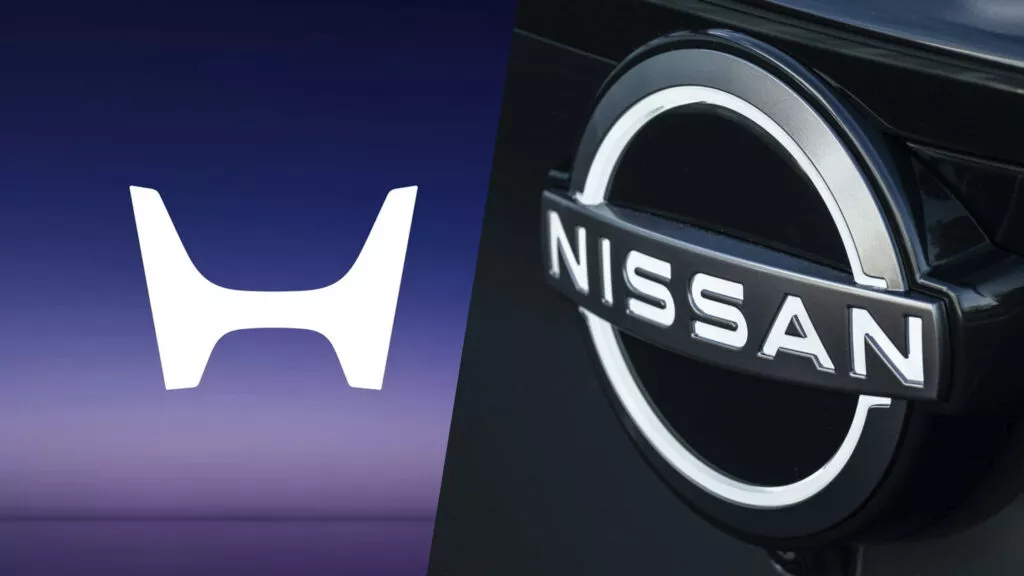A report suggests that the two Japanese automakers are considering a joint venture, in light of increased pressure from Chinese EV makers
Nissan, an early pioneer of EVs, may join forces with fellow Japanese automaker Honda to reduce the costs of their electric cars in an increasingly competitive market. This move arises as Chinese automakers persist in providing more affordable (and continuously discounted) alternatives, benefiting from their capability to utilize in-house components like batteries.
It wouldn’t be the first EV-related joint venture for Honda. In April 2022, Honda and GM announced that they would co-develop a series of affordable electric models based on the American manufacturer’s Ultium battery technology. However, last year, it was revealed that the $5 billion deal had been canceled by mutual decision.
Meanwhile, Honda and Sony’s alliance, also focused on producing affordable EVs, looks to be rolling ahead as planned. With cars set to be sold under the Afeela brand name, the joint venture should have three models in its lineup by the end of the decade.

Nissan, meanwhile, brought the battery-electric Leaf to market before Tesla introduced the Model S. However, the Leaf has had less success since then, and Nissan has become less competitive in the EV field as time has gone on. In the US, it only offers one other battery electric model besides the Leaf: the Ariya crossover SUV.
The proposed joint venture with Honda will focus on reducing development costs by introducing a common drivetrain shared by both companies. According to a report from Nikkei Asia, this could also expand into the joint design and development of a shared platform, while joint battery procurement and vehicle development are also on the table.
Japan remains slow to back the EV horse compared to China, which has, in the last year, overtaken Japan to become the leading vehicle exporter by volume. However, this more measured approach has seen Japanese automakers’ EV strategies remain constant despite multiple other companies — such as Ford and Genesis — revising their EV sales expectations downward.
Regardless, the pressure that stems from Chinese EV makers consistently slashing prices is likely what has spurred Nissan into action. And that’s in spite of the fact that it is working closely with its Alliance partner, Renault, on several EVs — the next Micra will share a platform with the new Renault 5 EV.
Neither Nissan nor Honda would comment on the report.





